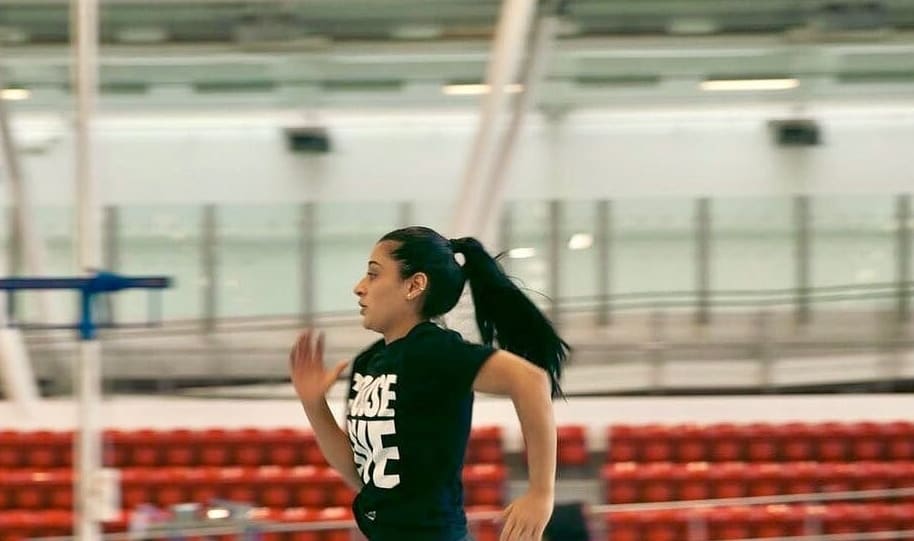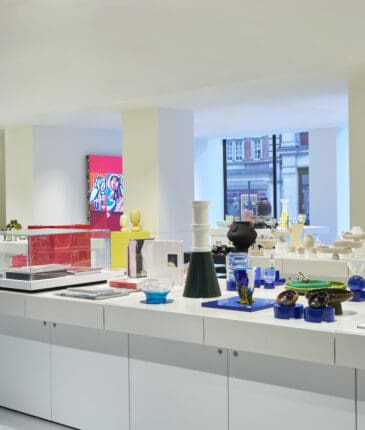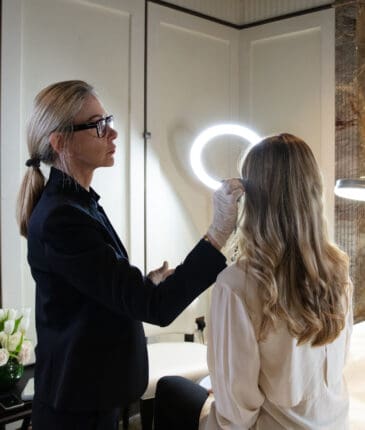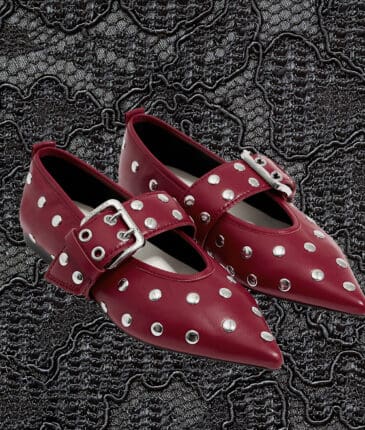Syrian athlete and fundraiser Dima lost her left leg in a bombing in 2012 and was told she would never walk again. Now based in the UK, she is training for the Paralympics and using her story to inspire others. Fresh from her win at the Arab Women of the Year Awards 2023, an initiative from the Knightsbridge-based London Arabia Organisation, The Knightsbridge Edit caught up with Dima to talk about overcoming obstacles and why she believes everyone is a role model
Meet… Dima Aktaa
Congratulations on winning the Community Spirit Award at the Arab Women of the Year Awards 2023. How did you enjoy the night and what does this award mean to you
It was an extraordinary and memorable night. This award means a lot to me and I was proud to be among these great women. It will motivate me to work more.
How important do you think it is to showcase the achievements of women from the Arab world through initiatives like this?
The achievements that matter most combine to form a version of success that has meaning and substance for the individual. It is really important to show it and share it with the world – not just the Arab world – because whatever we do, it might be useful to know that sharing your accomplishments helps not only yourself but others as well. Success stories help make you feel that you are credible and good at what you do.
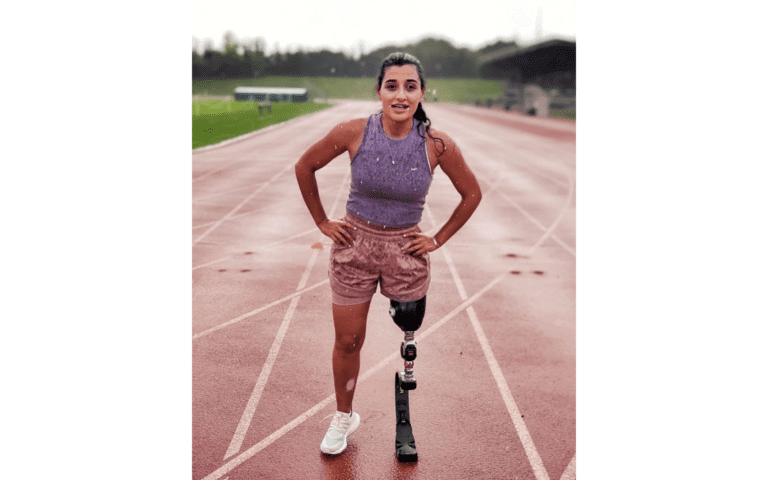
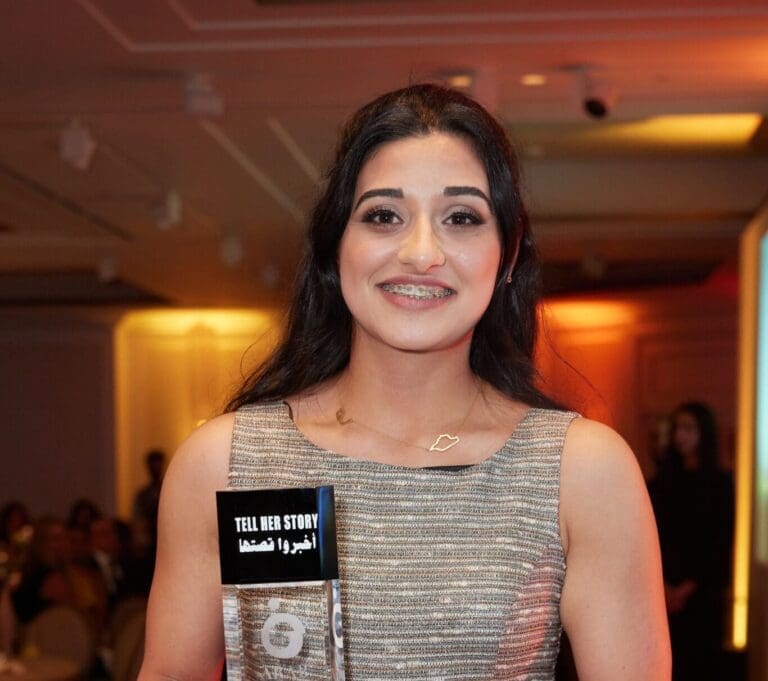
The ceremony was held in The Carlton Tower Jumeirah in Knightsbridge. What do you like about the area?
Knightsbridge is such a lovely area with so many different nationalities. I love Hyde Park and Harrods, of course.
We were so inspired by your story. You were told that you may never walk again after the bombing, yet you were determined to run, which is something you were passionate about before the war. Learning to walk again must have taken real strength and determination. Can you talk us through the process of getting there and how it made you feel?
When I was told I’d never walk again, I thought my life was over. I was at home watching TV with my family when the bomb exploded in our living room. There were no warnings, and seconds later, the room was coated in black dust. I screamed for my mum, but it wasn’t until she picked me up that I saw the blood – and I realised I’d lost my left leg. Without thinking, I grabbed it, carrying it in my arms until we reached an ambulance, where we all sat in shocked silence.
Shortly after, we moved to Lebanon. While it was safer than Syria, I felt just as trapped. Before the civil war began, in March 2011, I’d often go running, and I was determined to run again. I started work on strengthening my remaining leg. The following year, when I came to the UK, I got an “Ottobock C-Leg” – a lighter, more comfortable prosthetic – and two years later, after months of fundraising, I got my first running blade. The first time I used it, I had butterflies; it made me feel so incredibly free.
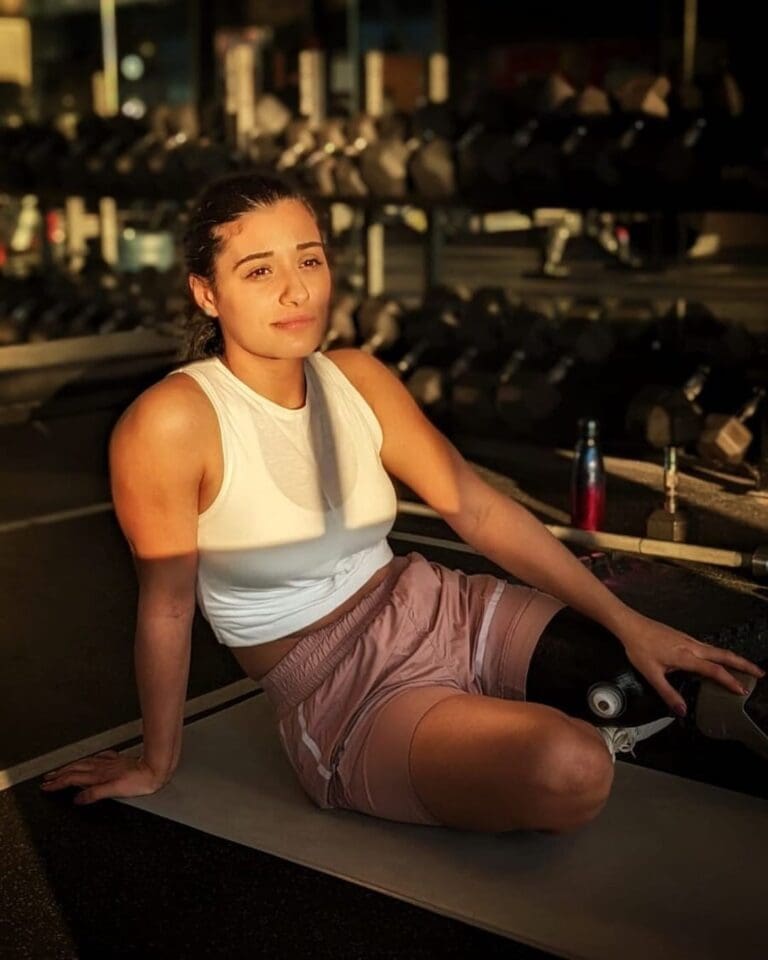
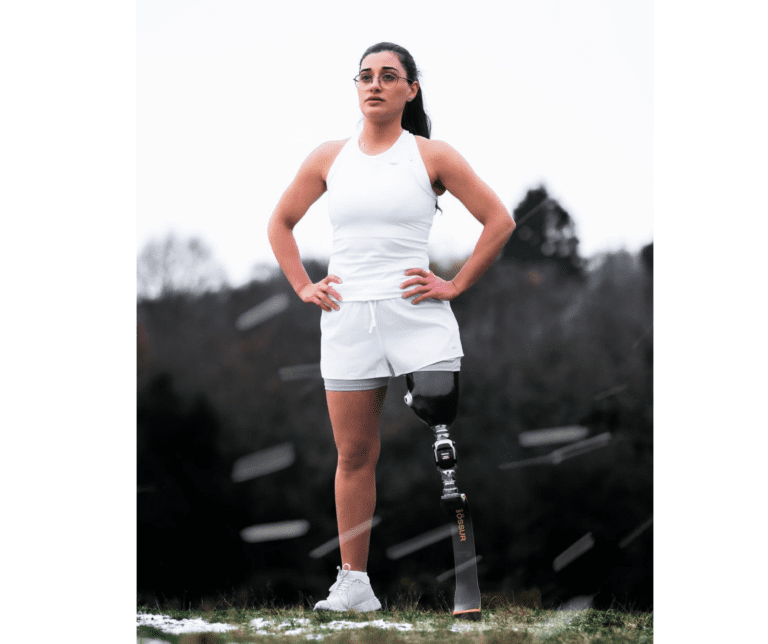
What keeps you motivated and positive even during the most difficult times?
Goals and ambitions. It is completely normal to feel down sometimes but I always remember how far I have come and how much work I put into myself, so I keep going and the most important thing is that I have a family who believes in me and supports me.
Overall, what has your experience taught you about yourself?
Seeing how far I have come has made me want to push myself and be strong and I know that sometimes it is really hard to be strong or to control my feelings, but I believe everything happens for a reason, and it is OK to feel sad and to cry, because these things teach me how to keep going.
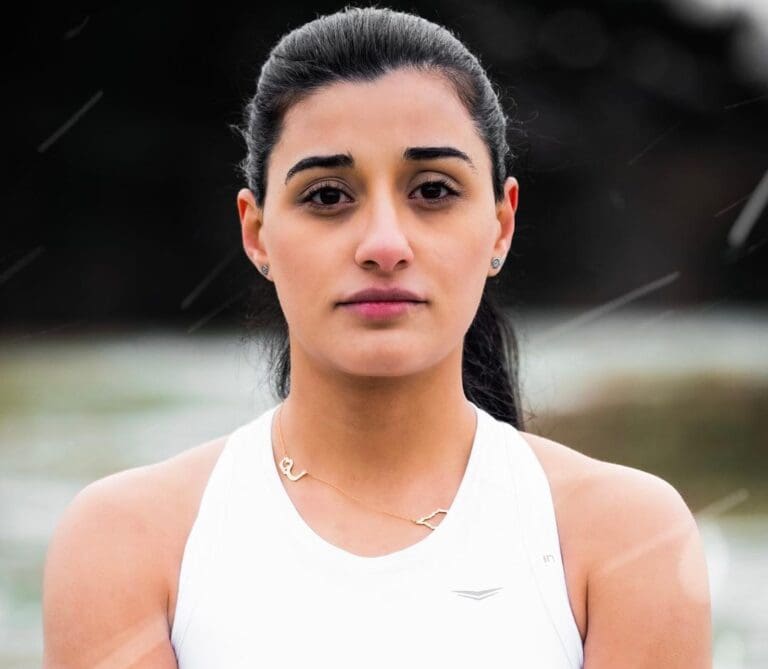
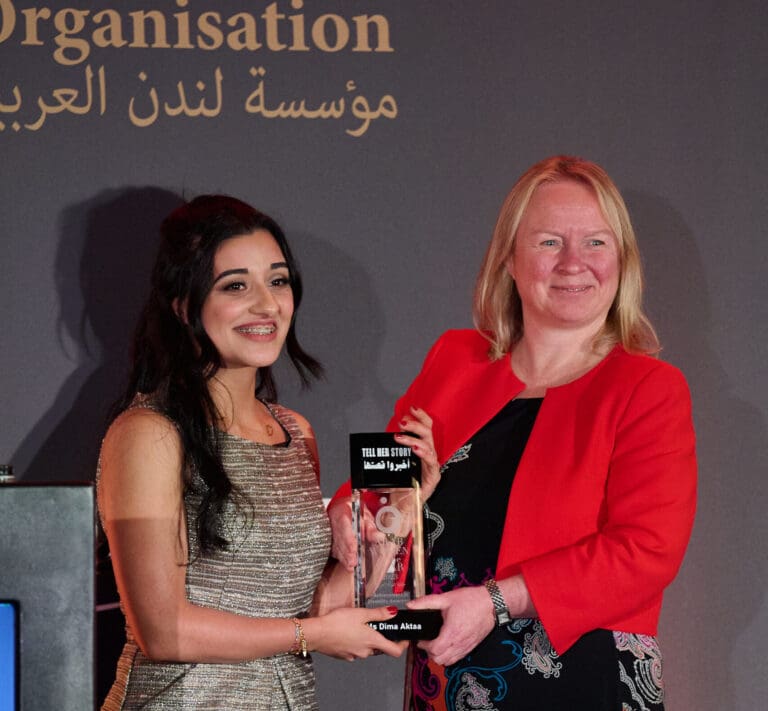
You’re currently training for the 2024 Paralympics. Can you give us an insight into your training regime?
Life as an amputee means you never know what will suddenly happen, and unfortunately I have a small problem with my leg (my stump) at the moment, but hopefully we can sort it out soon. But I am training for around five days a week; the track is my happy place.
Are you conscious of being a role model for young people? How do you hope to inspire others?
I believe every person in the world is a role model because every person has a story. I always try my best to be a role model for young people and share my experience because I think that way we can encourage each other to always aim high.
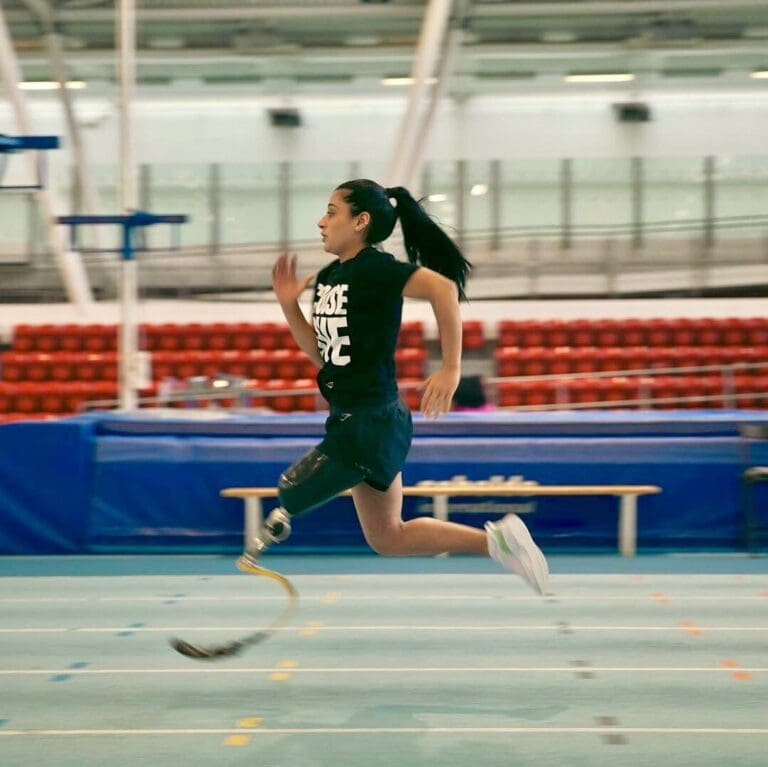
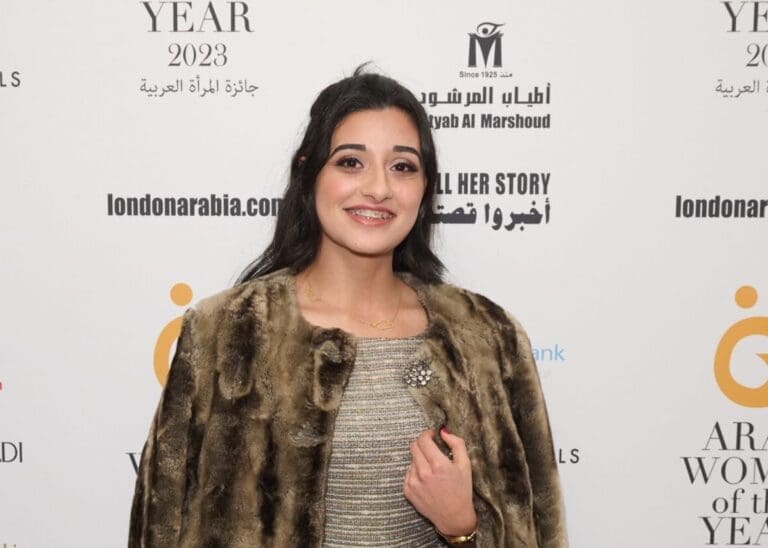
Who are your personal role models?
My mother has taught me that hard times can be overcome and that losing battles can be won. She has taught me more than I could have learned from any book. She sets an inspirational example to me and teaches me how to live life and make wise choices, even in the most uncertain situations. I respect her a lot. She is my inspiration and my role model.
Aside from the Paralympics, do you have any goals for the near future?
Yes, to finish my studies and help people in any way I can and to keep working on myself.
Discover more about the Arab Women of the Year initiative via londonarabia.com
